PsychNewsDaily Publishers
100 Summit Drive
Burlington, MA, 01803
Telephone: (320) 349-2484
PsychNewsDaily Publishers
100 Summit Drive
Burlington, MA, 01803
Telephone: (320) 349-2484
South Carolina offers accessible mental health support, including crisis intervention, outpatient counseling, and medication assistance, regardless of income or insurance status.
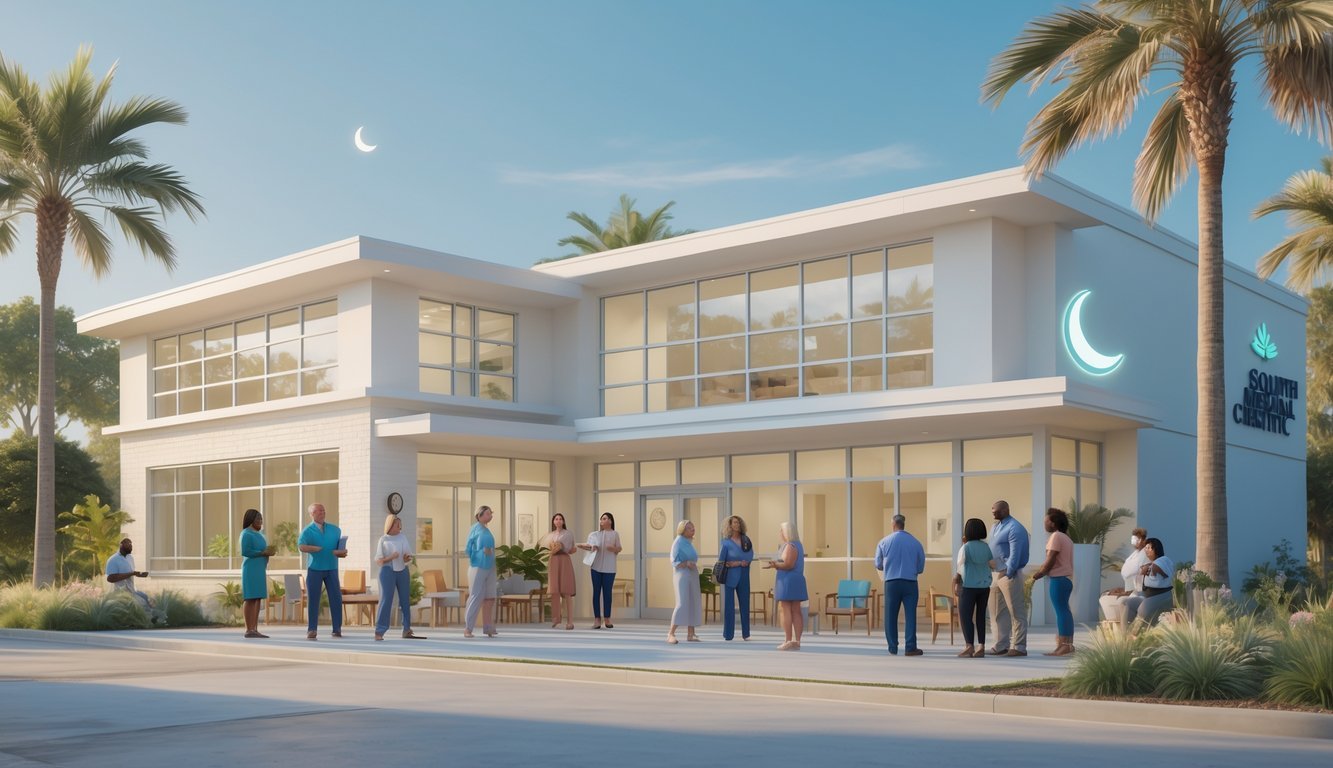
Mental health support really should be available to everyone, no matter their income or insurance. South Carolina has a bunch of free mental health services through state agencies, nonprofits, community health centers, and crisis hotlines. These places offer counseling, therapy, and emergency support at no cost.
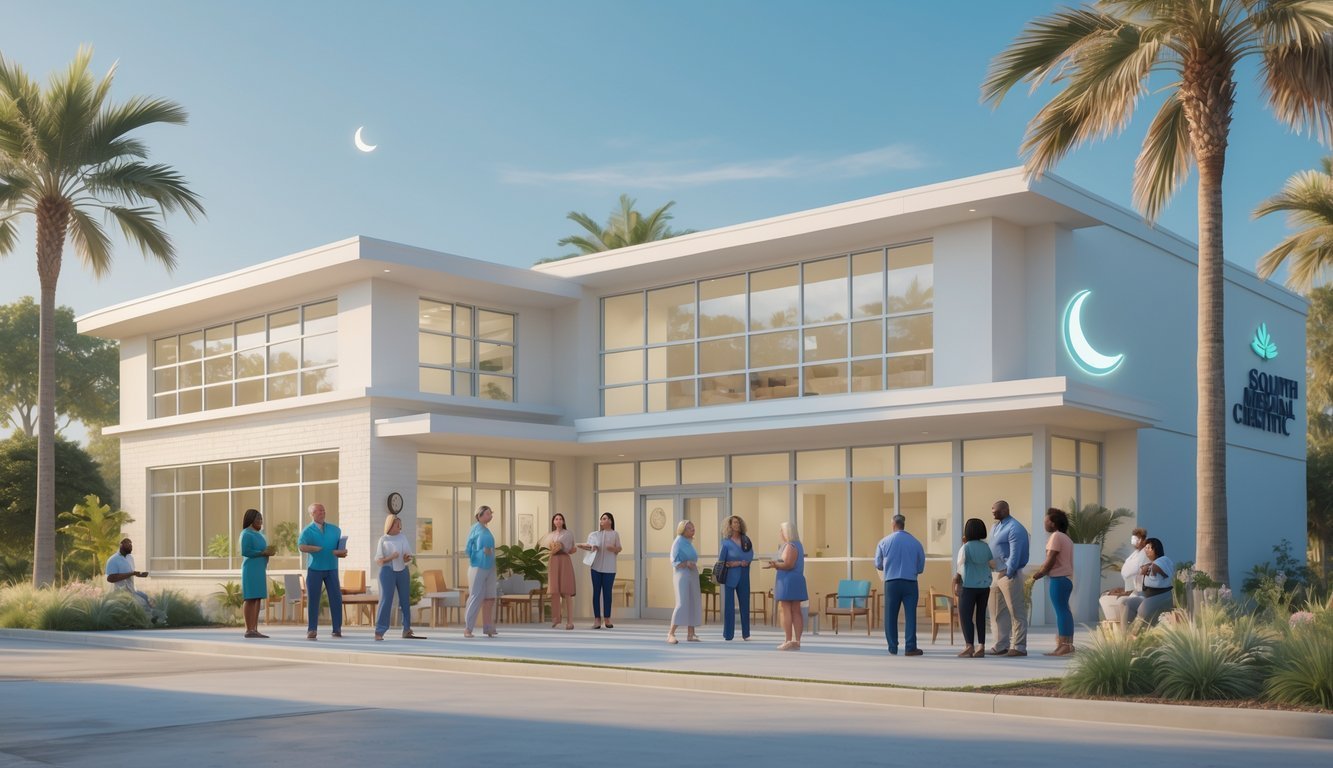
Trying to find the right mental health care can get overwhelming, especially when you’re worried about how much it might cost. The state set up a network of resources to help you get professional support when you need it.
You’ll find everything from immediate crisis help to ongoing therapy and programs for specific conditions.
If you’re facing depression, anxiety, substance use, or other mental health challenges, just knowing what’s out there can be a huge first step. The South Carolina Department of Behavioral Health and Developmental Disabilities runs a lot of these services, so you can connect with care in your own community.
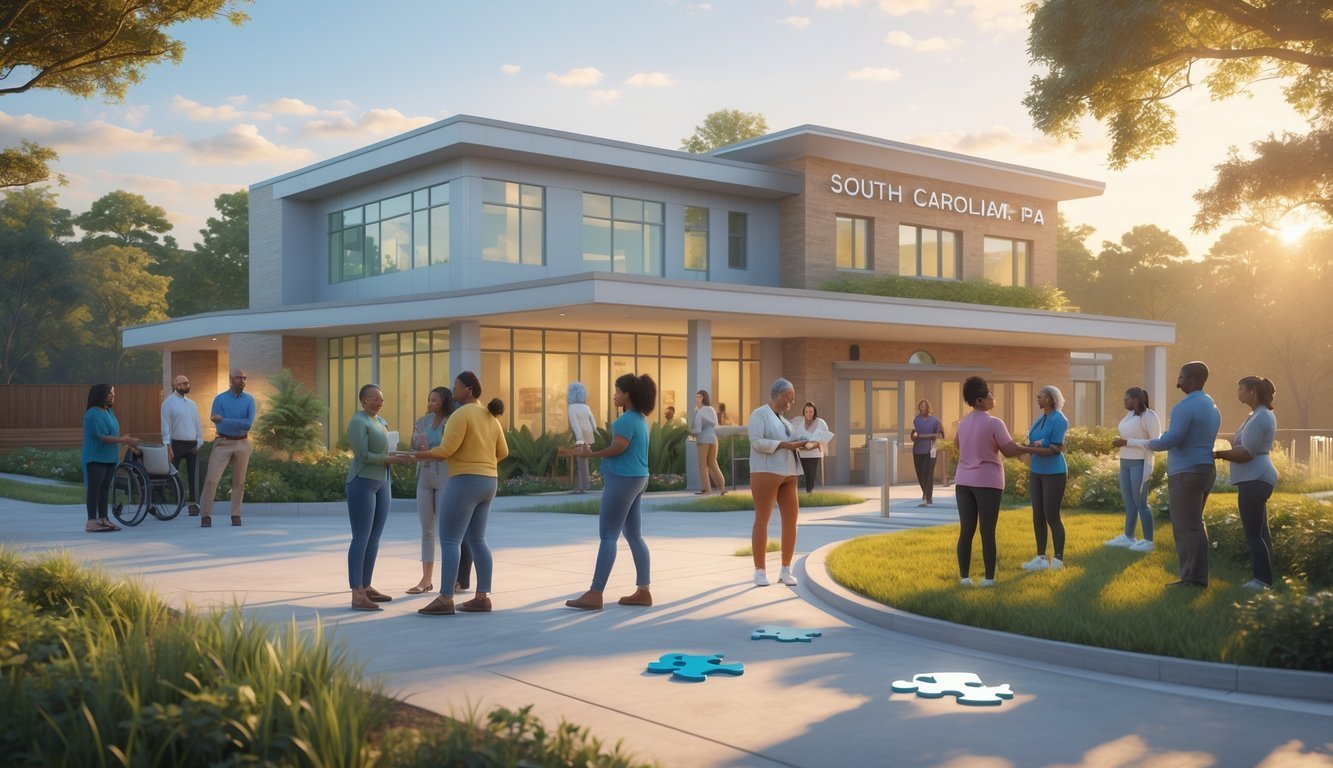
South Carolina has several no-cost mental health programs through state agencies, community centers, and nonprofits. People can get crisis intervention, counseling, and sometimes help with medication.
Crisis Intervention Services
You can call 24/7 crisis hotlines or reach out to mobile crisis teams anywhere in South Carolina. These teams step in right away during mental health emergencies.
Public hospital emergency rooms also provide free psychiatric evaluations. Walk-in crisis centers operate in larger cities like Charleston, Columbia, and Greenville.
Outpatient Counseling
Community centers offer free individual and group therapy. They treat depression, anxiety, and other mental health conditions.
Peer support groups meet regularly in most counties. You’ll meet others who have faced similar struggles.
Medication Programs
State clinics provide psychiatric evaluations and help with medication management. You might qualify for prescription assistance through patient programs.
Some pharmacies and local health departments offer free or discounted medications, usually through special programs.
Income Requirements
Most free mental health services require you to meet certain income guidelines. Usually, your household income needs to be below 200% of the federal poverty level.
You’ll need to show pay stubs, tax returns, or benefit statements. Some places use a sliding fee scale based on what you can pay.
Residency Status
You have to be a South Carolina resident to get state-funded mental health care. Proof can be a utility bill, lease, or state ID.
Some programs only serve certain counties or areas. You might need to get care in your local catchment area.
Documentation Needed
Emergency services don’t require all this paperwork right away.
Protected Health Information
Federal and state laws protect your mental health records. Providers aren’t allowed to share your information without your written okay.
HIPAA sets the rules for how your information is handled. You can ask for copies of your records if you want.
Exceptions to Confidentiality
If you’re a danger to yourself or others, providers must report it. They also have to report child abuse or neglect.
A court order can require them to share your records for legal reasons. Your treatment team will always let you know if there are limits to confidentiality.
Your Privacy Rights
You can ask for limits on how your info is used or shared. Facilities have to give you a privacy notice that explains your rights.
If you think your privacy was violated, you can file a complaint with the facility or a state agency.
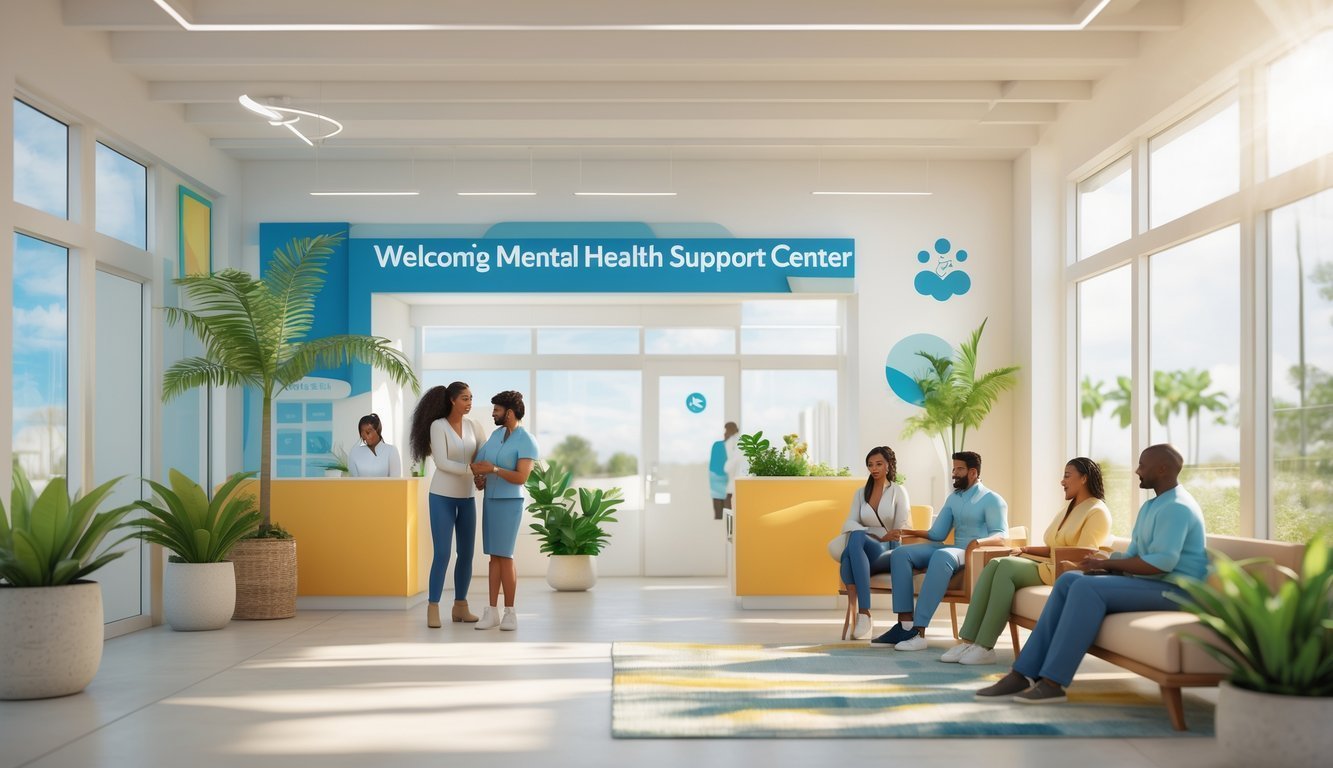
South Carolina has several main mental health resources. These include community centers for local care, the 988 crisis line, and NAMI’s support and education programs.
Community mental health centers form the heart of South Carolina’s public mental health care. Every county has one.
You can get individual therapy, group counseling, and psychiatric care at these centers. Many use a sliding fee scale.
The South Carolina Department of Behavioral Health and Developmental Disabilities runs these centers. Their headquarters is at 400 Otarre Parkway in Cayce.
Services you’ll find:
Most centers accept Medicaid and people without insurance. You can call BHDD or check their website to find your local center.
The 988 Suicide & Crisis Lifeline gives 24/7 support for anyone in a mental health crisis. You can call or text 988 from anywhere in South Carolina.
It’s free and confidential. Trained counselors help with suicidal thoughts, emotional distress, or substance issues.
Call 988 if you:
They’ll connect you to local crisis centers if possible. That way, you get help from people who know South Carolina’s resources.
NAMI South Carolina offers education, support groups, and advocacy for people and families affected by mental illness. They run free programs all over the state.
You can join support groups for depression, bipolar disorder, or schizophrenia. NAMI also has family-to-family education classes.
NAMI programs include:
Volunteers with personal experience lead these programs. Peer-led services give you something different than what you get from professionals.
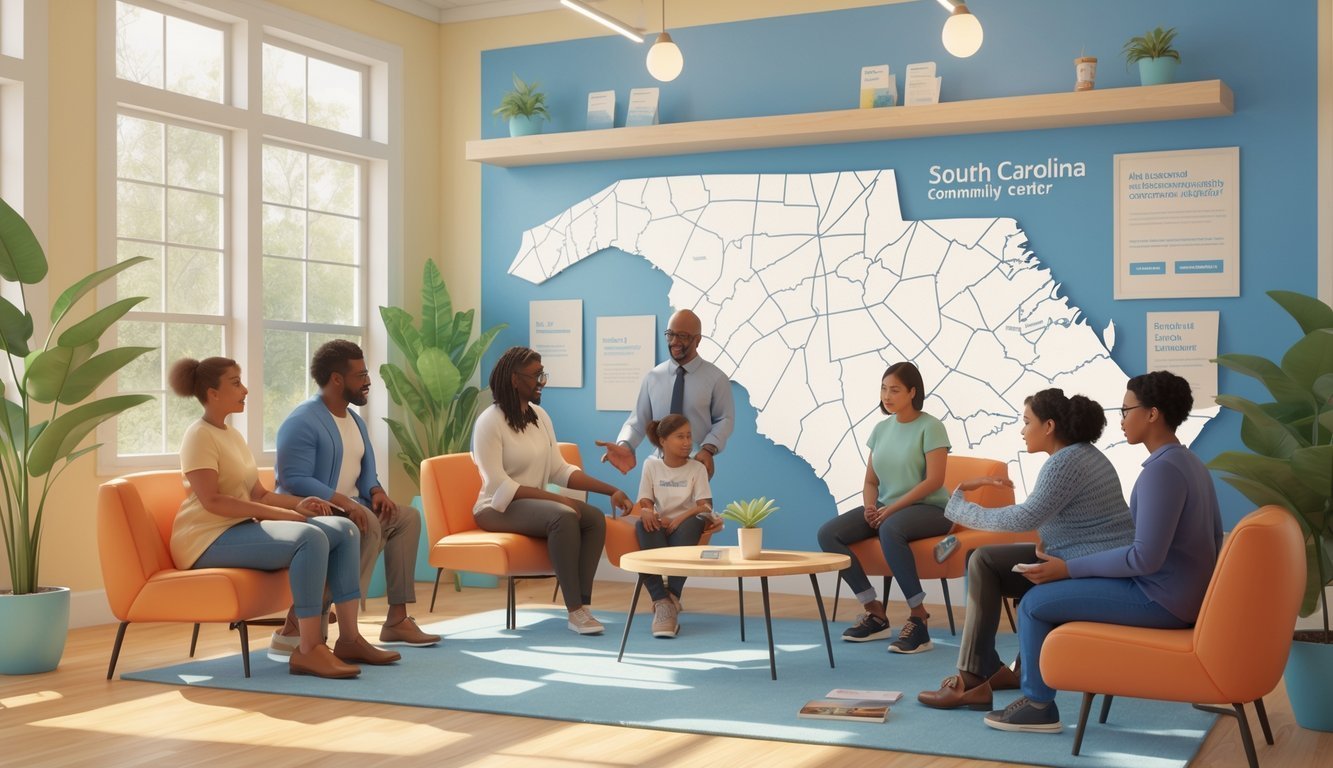
Free mental health services in South Carolina focus on common issues like depression and anxiety. They also offer specialized care for other mental illnesses and connect people with peer support networks.
Depression and anxiety affect a lot of people in South Carolina. Many free services put extra effort into these areas.
Community health centers offer counseling for depression, using methods like cognitive behavioral therapy. You can learn skills to cope and manage negative thoughts.
Depression services often include:
Anxiety programs teach you to spot your triggers and use relaxation techniques. Some centers have special groups for different kinds of anxiety disorders.
Some places treat depression and anxiety together. Since they often show up at the same time, this makes sense. You get care that covers both.
Free mental health care also covers conditions like bipolar disorder, schizophrenia, and PTSD.
Community centers provide case managers who help you sort out treatment options and connect with resources. They work with you to make a care plan that fits your needs.
Support usually includes:
Some centers run intensive outpatient programs, so you get more support without staying in a hospital. You attend several sessions a week but still live at home.
Crisis help is always available. You can call hotlines or go to emergency centers if things get really tough.
Peer support groups let you connect with people who’ve been through similar mental health challenges. These groups are free and meet in community spaces.
You can share your story, learn coping strategies, and hear from others who get what you’re feeling. It really helps reduce isolation.
Peer support options:
Many groups focus on specific conditions like depression or bipolar disorder. That way, you get help that fits your situation.
Recovery programs focus on hope and building a good life. They remind you that mental illness doesn’t have to control everything.
Some peer programs train people in recovery to become certified peer specialists. These folks give one-on-one support to others starting their mental health journey.
Getting mental health care in South Carolina means knowing how to reach providers, what to expect at your first visit, and how to deal with common barriers.
Start by calling your insurance company if you have one. They’ll tell you which mental health providers are covered nearby.
The South Carolina Department of Mental Health runs community centers statewide. You can call their main number to find the closest one.
Ways to get started:
Many providers offer same-day appointments for urgent needs. Crisis services run 24/7 at emergency rooms and hotlines.
Community health centers work on a sliding fee scale, so you pay what you can. They see people with or without insurance.
At your first appointment, you’ll talk about your mental health history and current concerns. This usually takes about an hour or a bit longer.
The intake process covers:
You’ll fill out forms about your symptoms, medical background, and treatment goals. Bring a list of your meds and any past records if you have them.
The provider will ask about your support system and daily life. They might use screening tools for depression or anxiety.
At the end, you’ll go over treatment options and set up follow-up visits. Some providers can prescribe medication right away if needed.
Getting to appointments can be tough if you don’t have reliable transportation. These days, lots of providers set up telehealth visits, so you can just call in or use your computer from home.
Common barriers and solutions:
| Barrier | Solution |
|---|---|
| Cost concerns | Sliding fee scale clinics, Medicaid coverage |
| No insurance | Community mental health centers, federally qualified health centers |
| Long wait times | Crisis services, primary care mental health integration |
| Childcare needs | Family therapy options, telehealth appointments |
Plenty of people feel nervous about being judged when they reach out for mental health care. Just so you know, mental health treatment stays private and federal privacy laws protect your information.
If language is a challenge, try asking if the provider offers interpretation or has staff who speak your language.
A lot of folks can’t make appointments because of work hours. Some clinics offer evening or weekend slots, and telehealth can make things a bit more flexible.